Premium Only Content
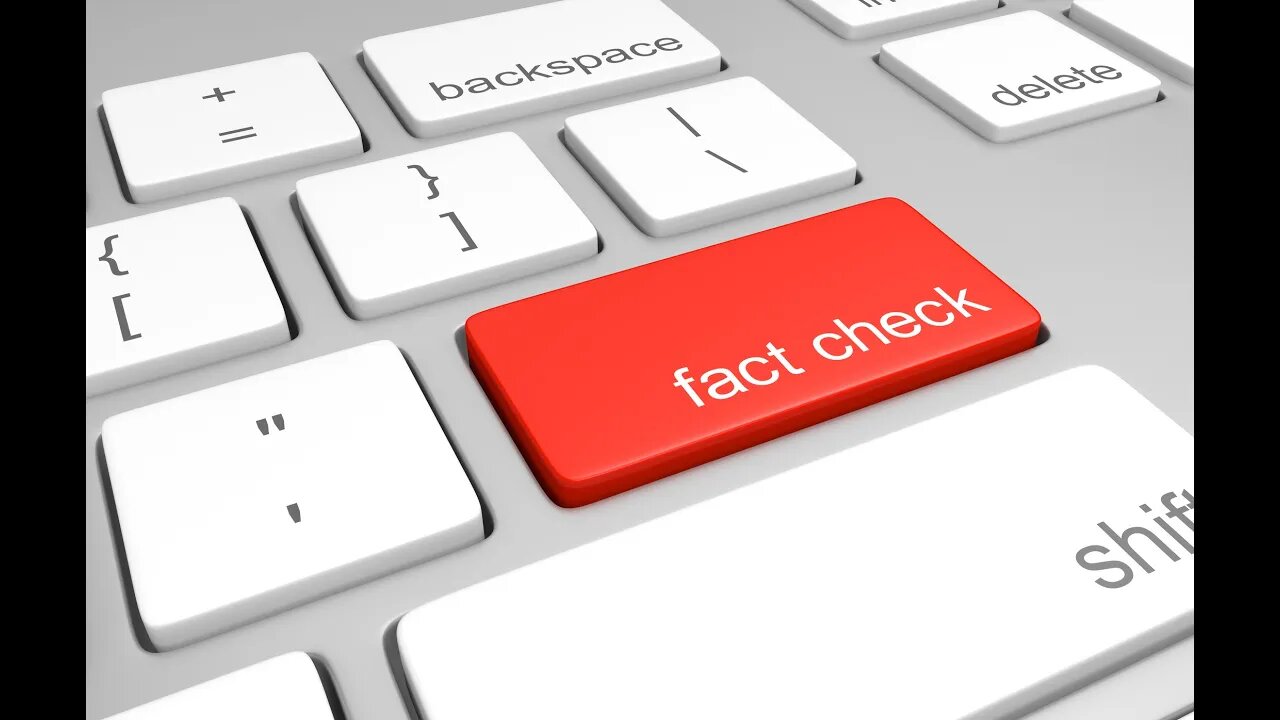
Can "Fact Checking" lead to legal liability under CDA 230 law?
It seems "fact-checking" on social media platforms like twitter and facebook has many people up in arms. They wrongfully believes these online service providers (who offer their service for free) somehow owe them constitutional first amendment rights. Well, this isn't true, and moreover, currently it is rarely possible to hold a company like these liable defamation, false light, right of publicity violations, slander, libel, or even for intellectual property infringement which occurs on their website (ex. infringing photos and videos can be subject to DMCA takedown under section 512 of the copyright laws, and if certain rules are followed, there is no liability to Youtube or other online platform. So taken together these sites enjoy large immunity from lawsuits due to CDA (Communications Decency) liability protection, and DMCA "safe harbors."
However, the issue of the day is "fact-checking." When a site like facebook or twitter engages in active patrolling of websites, review of content, and approving or disapproving (if disapproving this is done by taking the step to post or publish a "fact check label" which many users find embarrassing, but which are alleged to be undertaken to "prevent fake news" (usually political) and some argue anti-Tump in nature.
Trump himself was "fact checked" (on topic of whether mail in ballots can lead to fraud), and he got a bit upset and decided to pass an executive order asking the FTC and FCC to look deeper into the issue of whether online platforms who engage in the active content blocking should still retain liability under the CDA, or is their conduct more "editorial" in nature (more acting like a speaker or a publisher) such that they should lost their liability if they are wrong.
This is a hot issue right now. We know these sites can create their own community standards, but can they decide what is true and what is not? How do they even have the time and personal power to do that fairly across the board. Will there be college majors for fact-checking one day?
Listen to Attorney Steve® explain this interesting top on this episode of Litigation Whiteboard®
This is general legal information only and not legal advice. This is an advertisement and communication.
-
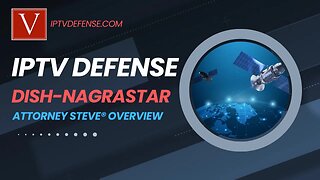 11:16
11:16
Attorney Steve® Legal News
1 year ago6
54 -
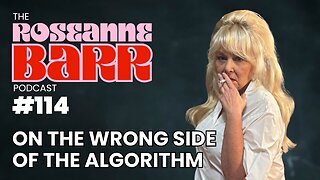 1:30:44
1:30:44
Roseanne Barr
6 hours agoOn the Wrong Side of the Algorithm | The Roseanne Barr Podcast #114
79.9K38 -
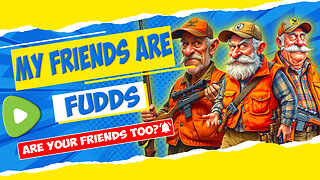 13:53
13:53
TundraTactical
4 hours ago $0.58 earnedFudd Finder : 11 Questions Second Amendment Questions (And Roasts) to Ask Your Friends
13.5K -
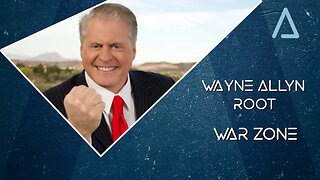 LIVE
LIVE
Wayne Allyn Root | WAR Zone
6 hours agoWAR Zone LIVE | 5 SEPTEMBER 2025
135 watching -
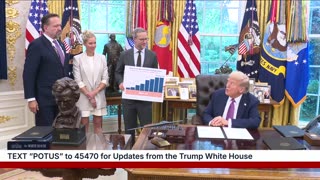 1:39:50
1:39:50
The White House
6 hours agoPresident Trump Makes Announcements, Sep. 5, 2025
27.6K25 -
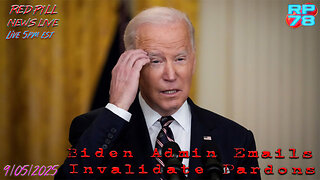
Red Pill News
4 hours agoBombshell Biden Docs Invalidate Autopen Pardons on Red Pill News Live
24.9K19 -
 9:36
9:36
Silver Dragons
3 hours agoGold Price NEW ALL TIME HIGH - $5,000 GOLD NEXT?
12.5K6 -
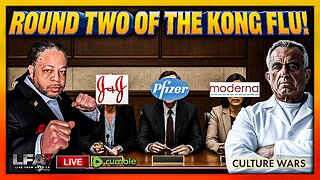 LIVE
LIVE
LFA TV
12 hours agoLFA TV ALL DAY STREAM - FRIDAY 9/5/25
777 watching -
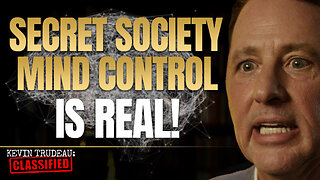 13:43
13:43
The Kevin Trudeau Show Limitless
2 days agoClassified File 3 | Kevin Trudeau EXPOSES Secret Society Brainwave Training
94.3K19 -
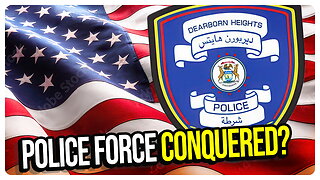 1:11:24
1:11:24
vivafrei
7 hours agoDearborn Heights Police Have Been CONQUERED! Gender Madness on PASSPORTS! Canada Stuff & MORE!
90.7K58